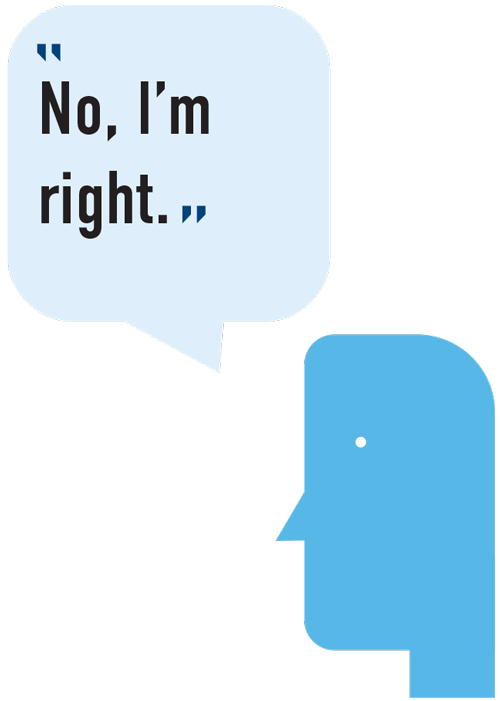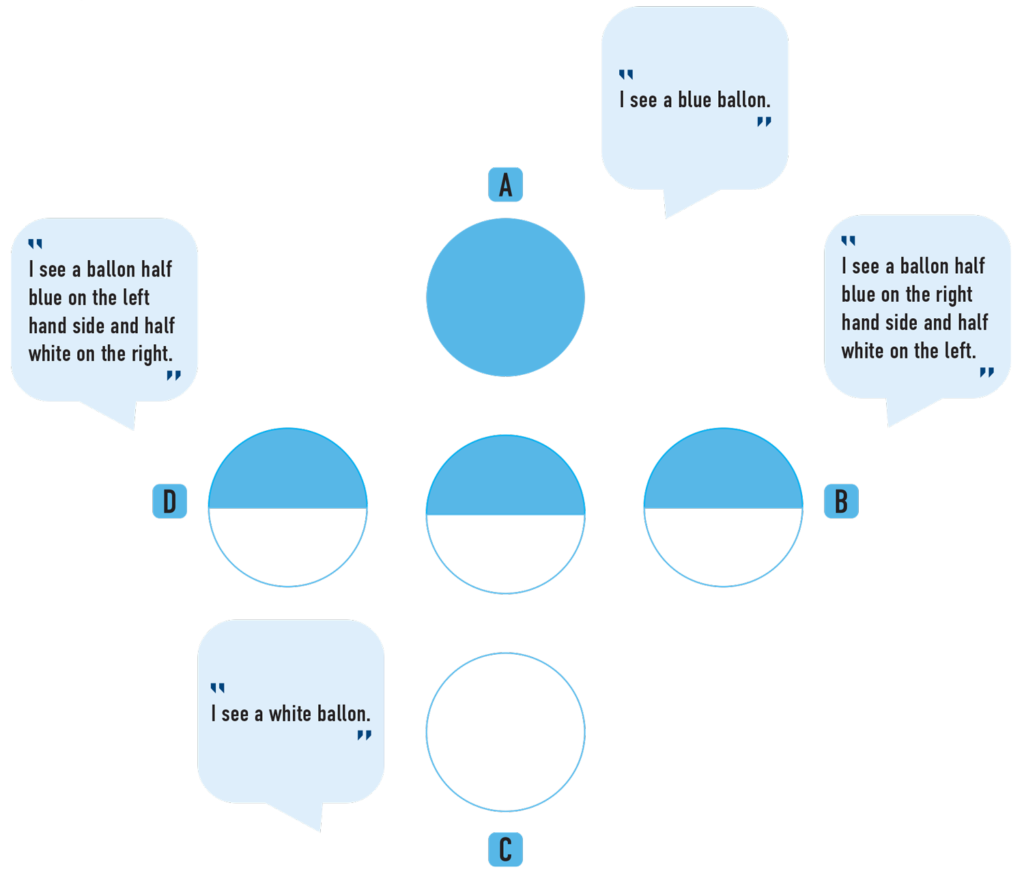Arthur Kyron
ENOSIS Managing Director
ENOSIS Managing Director, Arthur Kyron, brings over 30 years of experience in leadership in local and state governments and in the private sector.
He has led reviews, restructures and organisational cultural change in local governments in Western Australia and New South Wales. The local government organisations have been at tier 1 and 2 sized councils, with staff numbers ranging from 300 to over 1000 and budgets of around $60m to $160m.
The organisations he has led have been recognised for high achievement, with the pinnacle being awarded the 2014 Human Synergistics most culturally transformed organisation (Town of Victoria Park) in Australia.
Arthur's qualifications:
- Bachelor of Arts (Social Sciences)
- Post Graduate Bachelor of Social Work
- Graduate Diploma of Business (Management Studies)
- Graduate Diploma of Business (Finance)
- Accredited Human Synergistics Practitioner
- Accredited Resolution Institute Mediator
Enosis
The word ENOSIS is Greek for unity/bringing together
The use of the word and its meaning is central to the philosophy of dialogue between parties to arrive at the shared resolution of problems, be they at an individual or organisational level.
Too often we see things from a personal perspective or the prevailing view of the majority and do not explore the many dimensions of a problem or situation.


There are many ways to see our world and situation
For example, suppose four people are in a field, they are placed at each point on the compass and spread apart. In the middle of the four is a hot air balloon. This balloon is coloured half blue and half white.
- Person A sees an entirely blue balloon
- Person B sees the balloon that is blue on the right-hand side and white on the left-hand side
- Person C sees an entirely white balloon
- Person D sees a balloon that is blue on the left-hand side and white on the right-hand side

In I’m Right and You’re an Idiot, Carol Tavris and Elliot Aronson write:
The brain is designed with blind spots, optical and psychological, and one of the cleverest tricks is to confer on us the comforting delusion that we, personally, do not have any. In a sense, dissonance theory is a theory of blind spots-of how and why people unintentionally blind themselves so that they fail to notice vital events and information that might make them question their behaviour or their convictions.
